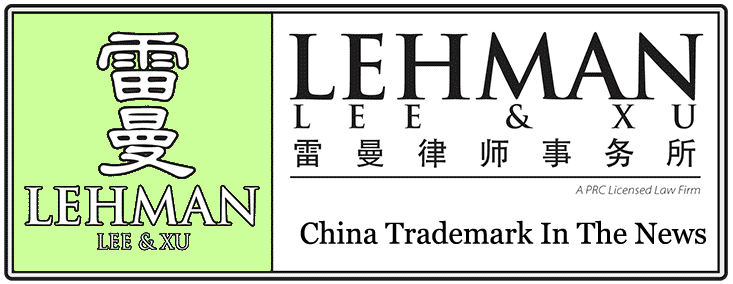By Zhou Wenting (China Daily)
Updated: 2011-07-29
BEIJING - Trademark infringement at home and abroad has continued unabated, officials of the State Administration for Industry and Commerce said after concluding the largest-ever national campaign of intellectual property protection.
"Adidas, Nike and Louis Vuitton are the biggest victims of trademark infringement among foreign brands in China," Fu Shuangjian, deputy director of the administration, told a conference on Thursday.
Industrial and commercial agencies nationwide have filed and investigated more than 6,000 cases that violate the rights of 11 foreign high-profile clothing and bag trademarks, including Adidas, Nike, Louis Vuitton, Gucci and Prada, in the campaign that ran from October to mid-June, Fu said.
The agency in Tianhe district of Guangzhou, Guangdong province, ferreted out a storeroom containing nearly 20,000 pieces of famous foreign leather goods with a value of nearly 100 million yuan ($16 million).
The agency in Jiangyin, Jiangsu province, cooperated with the police department and broke a case involving more than 20,000 products that infringed on 78 world-famous trademarks, such as Burberry, Prada and Hugo Boss, with a total value exceeding 50 million yuan.
Electronic gadgets fill another domain heavily bombarded with trademark infringement. Industrial and commercial agencies have filed more than 2,200 cases that violate the rights of seven well-known trademarks, including Nokia, Samsung, HP and Canon.
"It is typical unfair competition to put famous logos on fakes. We will continue to crack down on the proliferation of the phenomenon after the campaign," said Ning Wanglu, a senior fair-trade official with the administration.
Suspected unauthorized Apple stores were found in Kunming, capital of Yunnan province, and in Chongqing municipality this week. Officials said they are in contact with local watchdogs, who are investigating the violators.
Meanwhile, infringement and preregistration of Chinese trademarks overseas are also a serious problem, officials said.
"A total of 28 well-known Chinese trademarks, including Huawei, the world's second-largest telecom solution provider, suffered preregistration in Africa," said Xu Ruibiao, a senior official with the administration.
Xu said one of their priorities in recent years is to assert the rights of Chinese trademarks globally, and they have successfully avoided 52 names of Chinese businesses being preregistered as trademarks in Canada and the trademark of "Confucius Institute" being preregistered in Costa Rica.
Xu said the most important subject of trademark protection is the registrant, and they recommend international registration as a better protection for their brands to more Chinese enterprises.
The government will also provide legal advice for businesses, filling them with means to assert their rights in case of infringement, because many are not knowledgeable in this respect, Xu said. |

